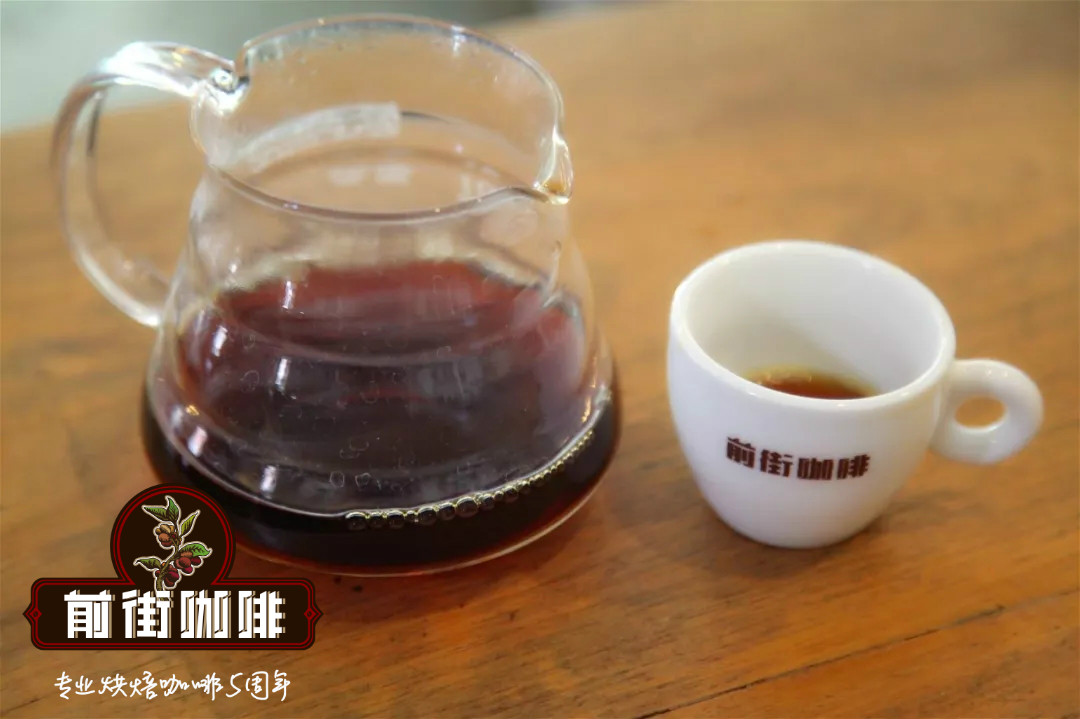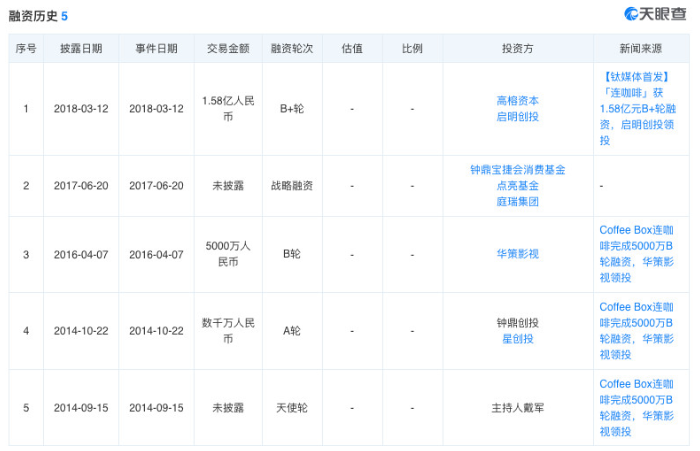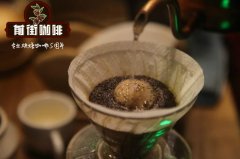What are the flavor characteristics of Kenyan coffee introduced by the African Kenya Meruji Garry processing plant?

Professional coffee knowledge exchange more coffee bean information please follow the coffee workshop (Wechat official account cafe_style)
Africa has always been one of the best coffee producers in the world, and is famous all over the world for its charming acidity and aroma, and Kenya is certainly not absent. Kenya is a big coffee country in East Africa and one of the most important and irreplaceable producers, next to the Republic of Ethiopia, the original place of coffee in the world. Coffee farmers are generally highly educated, studying fine agriculture and growing top coffee. Coffee producers in Kenya are mainly divided into two types, the first type is large estates, and the other is the so-called "small farmers". However, whether they are large coffee farms or small farmers, the coffee beans produced by them have been refined, the vast majority will be transported to the official Kenyan coffee shop for unified grading identification. The coffee bureau will first send samples of the coffee beans to be auctioned to interested buyers for trial, and hold an auction every Tuesday at the Nairobi Coffee Exchange Coffee Exchange in Nairobi, the capital of Kenya. Through a transparent auction mechanism and a dual-system parallel approach of official sales agents and independent sales agents, foreign buyers can also directly negotiate with corresponding producers to buy coffee. There is no need to go through the official auction board, so producers' hard work can be rewarded more fairly and equitably, without being exploited by the brokers in the middle. Because of this, coffee farmers are more willing to try their best to produce high-quality coffee beans in order to sell at a good price.
Country of origin: Kenya (Kenya)
Production area: Meilu area (Meru)
Producer: Gejali processing Plant (Kigari)
Varieties: SL34, SL28
Grade: AA
Altitude: 1700 to 1800 m
Treatment: washing
Introduction:
No other country in the world attaches so much importance to the production of high-quality coffee as Kenya, so Kenya can be called the world.
The best model student in coffee-producing countries, because all Kenyan coffee must be handed over to the government after harvest.
The established Kenya Coffee Bureau (Coffee Board of Kenya, CBK) unifies the acquisition and cup testing and grading.
Every Tuesday, the officially established Nenobi Coffee Exchange (the Nairobi Coffee Exchange) in the capital
As a result of this open system under the overall management of the government, more than 570000 of Kenya has been encouraged.
It is not difficult for a small coffee farmer to get a good price as long as he has good quality. In fact, what the Kenyan government did
There is still a lot of support for the effort, and the government provides a large number of small coffee farmers with the skills to grow good coffee.
Coach nearly 300 agricultural transportation and marketing cooperatives (a bit like Taiwan agricultural production and marketing classes) for better handling of raw beans
Kenya Coffee Agency (CBK) provides production, quality research, sales and even financial guidance to the coffee industry.
Focus and educational counseling. It has created the unparalleled charm of the quality and flavor of Kenyan coffee.
Coffee buyers around the world love it, and Kenyan coffee is also very popular in Taiwan's coffee market.
Kenya, located in East Africa, is one of the major coffee producing countries, with a population of more than 6 million.
Engaged in the coffee industry, mostly for the combination of small farmers and cooperatives. Coffee trees are planted in Kenya.
At 1400 m-2000 m above sea level, the growth area includes Ruiri, Thika, Kirinyaga,
Mt. Kenya West, Nyeri, Kiambu and Muranga. With Mt.Kenya and Aberdare
Mainly in the foothills. There are many producing areas in Kenya that strive to preserve native forest ecosystems and protect nature.
The gene bank supports the reproduction of wild coffee varieties and breeds a variety of coffee trees. 1930
Unique Kenyan varieties SL28 and SL34 cultivated and named by "Scott Laboratories" laboratory
It was born in such a good environment. According to botanists in the SL lab, SL28 and SL34
It's a genetic variant. Among them, SL28 has a mixed pedigree of French missionaries, mocha and Yemeni Tibica.
The goal of cultivating SL28 was to mass produce coffee beans with high quality and resistance to diseases and insect pests.
Although SL28 later did not produce as much as expected, copper leaves and broad bean-shaped beans have
Great sweetness, balance and complex flavor, as well as remarkable citrus and black plum characteristics.
On the other hand, SL34 is similar to SL28 in flavor, except for its complex and changeable acidity and great sweet ending.
The palate is heavier, more full-bodied and cleaner than SL28. SL34 has French missionaries, bourbon, and more.
Tibica pedigree. Dou looks similar to SL28, but is more adaptable to sudden heavy rain. That is,
These two important varieties lead us to understand the unique Kenyan style: strong and rich fruit acids,
Full-bodied taste and beautiful balance.
The AA products of the Jijali treatment plant in Meilu production area in Kenya come from Meru County, which is located in Mount Kenya.
Northeast slope. Planted by cooperative members at high elevations of 1700 to 1800 meters, in recent years
Meilu County is increasingly supporting its coffee growers as members of the community. The result is: compared with neighboring areas
Farmers are reaping benefits in the form of higher wages and crop assessments. Meilu production area is now in production.
Consistently high quality Kenyan SL28 and SL34 Arabica coffee varieties. These varieties are family heirlooms.
The raw materials are especially suitable for the local customs of Kenya and parts of Tanzania, Malawi and Burundi.
END
Important Notice :
前街咖啡 FrontStreet Coffee has moved to new addredd:
FrontStreet Coffee Address: 315,Donghua East Road,GuangZhou
Tel:020 38364473
- Prev

Lian Coffee returned to profit after completing 206 million yuan of B3 round financing.
Professional coffee knowledge exchange more coffee bean information please follow coffee workshop (Wechat official account cafe_style) author: Hu Boya source: Yiou net new retail coffee brand Lian Coffee announced the completion of 206 million yuan B3 round financing, this round of financing by Lian Coffee founder Wang Jiang and Zhang Xiaogao, QiMing Venture Partners, Banyan Capital joint investment. It is worth noting that QiMing Venture Partners and
- Next

Introduction to the varieties of coffee grown in Bolivia on the plateau what's so special about Bolivian coffee?
Professional coffee knowledge exchange more coffee bean information please pay attention to the coffee workshop (Wechat official account cafe_style) Bolivia is a landlocked country known as the ancient plateau, coffee is mainly produced in the plateau 1200 2000 meters above sea level, the main producing areas for the north Caranavi Karanawi and the south Santa Cruz Santa Cruz, are cultivated on small farms, the average area
Related
- What documents do you need to go through to open a coffee shop? coffee shop coffee shop certificate processing process
- How to purchase Coffee beans in small Cafe how to choose a suitable supplier for domestic Coffee supply Company
- How to drink Starbucks Fragrance White Coffee? how to make Australian White Coffee? what Italian coffee beans are recommended?
- The Story of Flora Coffee: the name of Flora Coffee Bean and the implication of the Flowers on Florna Coffee
- How much does a cup of coffee cost? How much is the profit of a cup of coffee? What is the profit of the coffee shop in a year?
- Yunnan small Coffee, known as "fragrant Coffee", introduces the characteristics of Alpine Arabica Coffee producing areas in Yunnan, China
- 2023 latest Starbucks full menu price list how much is a cup of Starbucks coffee what is better to drink the most popular hot and cold drinks recommended
- Starbucks different kinds of Coffee Price list Starbucks menu 2023 Top Ten Best drinks in Starbucks
- Starbucks Spring praise Comprehensive matching Coffee Bean theme Story Packaging implication and taste description
- The cost of a cup of coffee latte American coffee cost price and selling price

